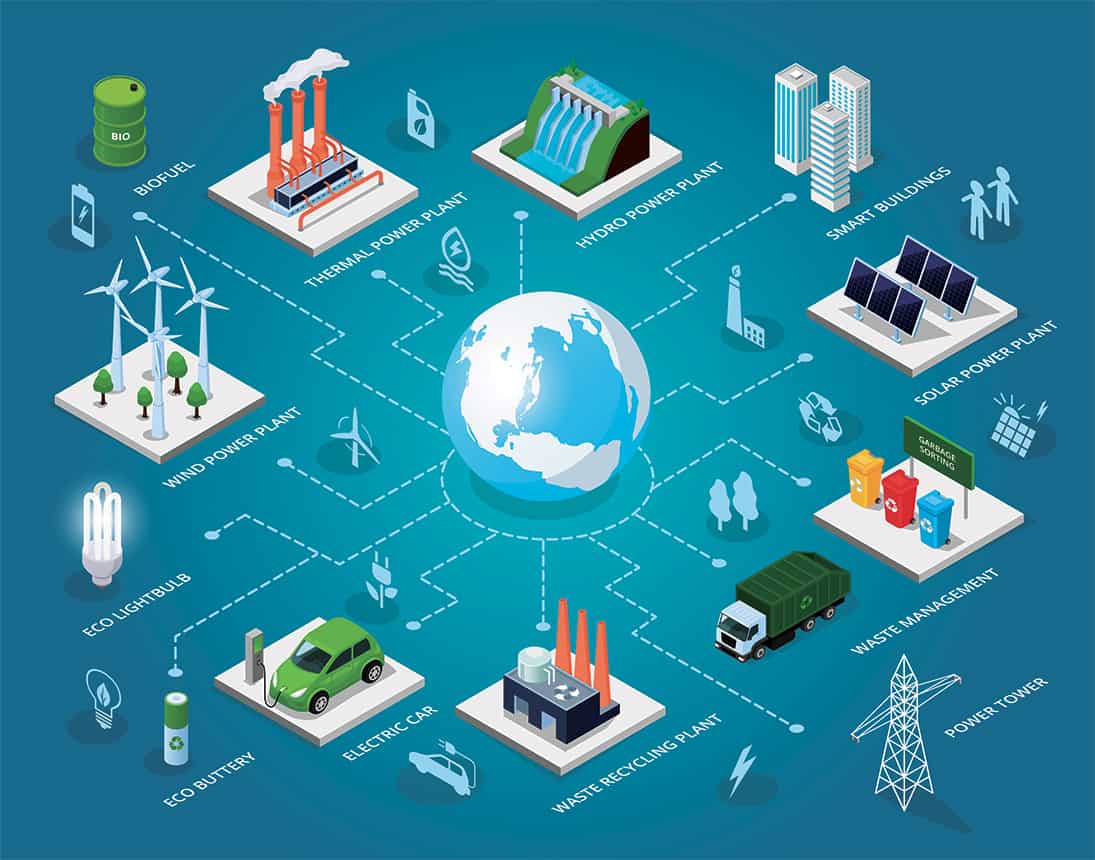Latest Advantage of Ethical Technology in 2023?

Do you know the Latest Advantages of Ethical Technology in 2023? Ethical technology refers to the use of technology in a way that is aligned with ethical values and principles. In 2023, the concept of ethical technology has become increasingly important as technology continues to play an increasingly large role in our daily lives.
Introduction
One aspect of ethical technology is data privacy. As data breaches and privacy violations become more common, individuals and organizations are becoming more concerned about the security of their personal information. Ethical technology involves designing systems that prioritize data privacy and security, and that is transparent about how data is collected and used.
Another aspect of ethical technology is social responsibility. Technology companies are under increasing pressure to use their platforms for good, and to avoid contributing to social problems such as misinformation, hate speech, and inequality. Ethical technology involves designing products and services that are inclusive, equitable, and that do not perpetuate harm.
Read More: Sellers Use Estate Technology or Canadian Homebuyers in 2023
Advantages of Ethical Technology

Promotes Social Responsibility
Ethical technology promotes social responsibility, which is critical in ensuring that technology is developed and used in ways that benefit society as a whole. By prioritizing social responsibility, companies can create products and services that meet the needs of their customers while also benefiting society at large.
Builds Trust
Trust is a crucial component of any relationship, and it’s no different in the relationship between individuals and technology. Ethical technology builds trust by ensuring that technology is used in ways that are fair, transparent, and accountable. This is especially important in fields like healthcare and finance, where trust is essential.
Encourages Innovation
Ethical technology encourages innovation by fostering an environment in which creativity and experimentation can thrive. When companies prioritize ethical principles like transparency, inclusivity, and accountability, they create a culture that values innovation and problem-solving.
Protects Privacy
Privacy is an essential human right, and ethical technology protects this right by ensuring that data is collected, stored, and used in ways that are transparent, secure, and respectful. This is particularly important in the age of big data, where personal information can be easily collected and used without consent.
Enhances Security
Ethical technology enhances security by prioritizing the development of secure systems and protocols. This includes everything from securing networks and data to developing secure software and hardware. By making security a priority, companies can reduce the risk of data breaches and other security threats.
Promotes Diversity and Inclusivity

Ethical technology promotes diversity and inclusivity by ensuring that technology is accessible and usable by everyone, regardless of their race, gender, or ability. This includes everything from designing user interfaces that are easy to use and understand to creating products that are culturally sensitive and respectful.
Supports Sustainability
Ethical technology supports sustainability by ensuring that technology is developed and used in ways that are environmentally responsible. This includes everything from reducing energy consumption to developing products that are recyclable and sustainable.
Creates Shared Value
Ethical technology creates shared value by ensuring that technology is used in ways that benefit both companies and society at large. By prioritizing ethical principles like social responsibility, companies can create products and services that are not only profitable but also beneficial to society as a whole.
How does ethical technology impact the environment?

Ethical technology can have a positive impact on the environment by promoting sustainability and reducing waste. For example, renewable energy technology can help reduce carbon emissions and dependence on fossil fuels. Ethical design practices can also prioritize the use of sustainable materials and minimize the environmental impact of technology products.
How does ethical technology promote diversity and inclusivity?
Ethical technology promotes diversity and inclusivity by prioritizing accessibility and designing technology that meets the needs of diverse users. This can include designing products that are easy to use for people with disabilities, providing multilingual support, and ensuring that technology is inclusive of people from all backgrounds and cultures. It can also include hiring practices that prioritize diversity and creating a workplace culture that values inclusivity.
How does ethical technology enhance security and privacy?
Ethical technology enhances security and privacy by prioritizing data protection and implementing strong security measures. This can include encryption, authentication, and access control to ensure that user data is protected from unauthorized access or theft. Ethical technology also considers the privacy rights of users and implements policies and practices to protect their personal information.
How does ethical technology support social responsibility?
Ethical technology supports social responsibility by promoting positive social and environmental impacts and by avoiding harm to individuals or society. It can also include engaging with stakeholders and considering their needs and perspectives when designing technology. Ethical technology companies also prioritize fair labor practices and avoid unethical business practices.
How does ethical technology benefit society as a whole?
Ethical technology benefits society as a whole by promoting innovation that meets societal needs, creating economic opportunities, and reducing harm to individuals and the environment. It can also promote social justice and equality by designing technology that is inclusive of all people and by avoiding biases or discrimination. Ethical technology companies can also contribute to the greater good by supporting social causes and philanthropy.
Read More: Top 10 Ideas for Advancing the Technology Sector
In conclusion,
ethical technology is crucial in 2023 and beyond. It promotes social responsibility, builds trust, encourages innovation, protects privacy, enhances security, promotes diversity and inclusivity, supports sustainability, and creates shared value. Companies and consumers alike have a responsibility to prioritize ethical principles in the design, development, and use of technology to ensure that it benefits society as a whole while minimizing harm to individuals and the environment.
FAQs
What is ethical technology?
Ethical technology refers to the use of technology in ways that are not only innovative and practical but also ethical and socially responsible.
Why is ethical technology important?
Ethical technology is important because it ensures that technology is developed and used in ways that benefit society as a whole, while minimizing harm to individuals and the environment. It promotes social responsibility, builds trust, encourages innovation, protects privacy, enhances security, promotes diversity and inclusivity, supports sustainability, and creates shared value.
What are some examples of ethical technology?
Examples of ethical technology include secure messaging apps that protect users’ privacy, renewable energy technology that reduces carbon emissions, and assistive technology that supports people with disabilities. It can also include ethical design practices that prioritize accessibility and inclusivity.
How can companies implement ethical technology?
Companies can implement ethical technology by prioritizing ethical principles in their product design and development process, such as transparency, accountability, and inclusivity. They can also conduct regular ethical assessments and engage with stakeholders to ensure that their technology is meeting ethical standards.
What is the role of consumers in promoting ethical technology?
Consumers play a crucial role in promoting ethical technology by making informed choices about the products and services they use. They can support companies that prioritize ethical principles and avoid those that do not. Consumers can also advocate for stronger ethical standards and regulations to ensure that technology is used in ways that benefit society as a whole.












4 Comments